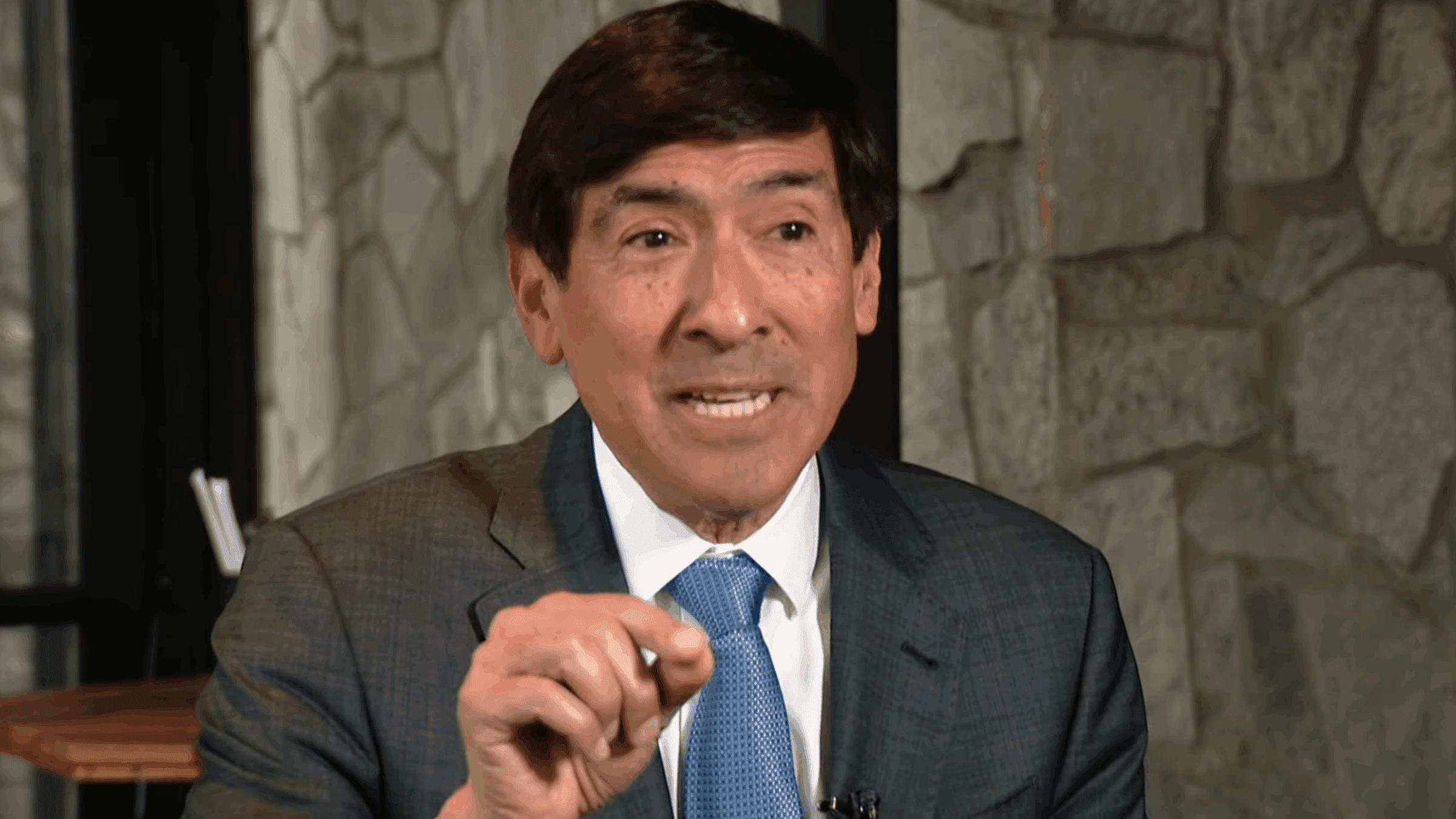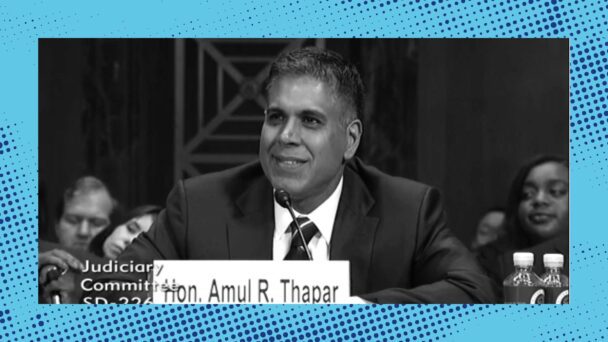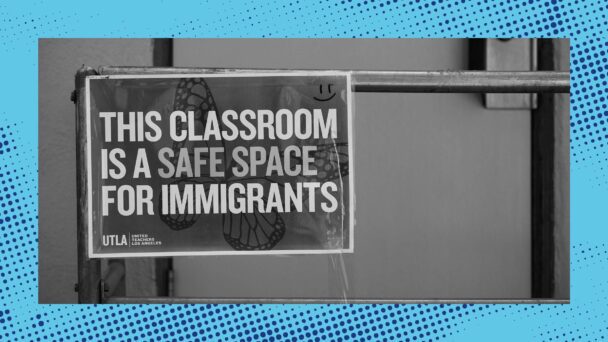Last week, the Washington Supreme Court rejected a local corporation’s attempt to sue the Stillaguamish Tribe of Indians for legal ownership of two acres of land. The disputed tract, which the Tribe purchased from Snohomish County in 2021, is located along the North Fork of the Stillaguamish River, outside of the reservation but within the Tribe’s traditional territory. But in 2022, Flying T Ranch sued in state court and alleged that the land didn’t belong to the Tribe or to the county, because the ranch had “adversely possessed” the land for decades.
Adverse possession is a common law principle and essentially the “use it or lose it” theory of property law: When someone treats another person’s land as if it’s theirs for long enough, they can sue the person to make it officially theirs. But the Stillaguamish Tribe isn’t another person. It’s a sovereign tribal government with sovereign immunity from lawsuits, so it successfully moved to dismiss the ranch’s case. In Flying T Ranch v. Stillaguamish Tribe of Indians, the Washington Supreme Court affirmed that dismissal, and all but one of the court’s nine justices signed on to the majority opinion.
Justice Sal Mungia did not, even though he believed the court reached the correct outcome. “I concur with the majority’s opinion. And yet I dissent,” said Mungia. “Not from the majority’s opinion, but I dissent from the racism embedded in the federal case law that applies to this dispute.” Basically, Mungia’s view is that the court applied the law correctly, but also, that the law is terrible—and that he had a responsibility to say so in a standalone concurrence.
Mungia’s opinion traces how federal Indian law arose out of the dispossession and genocide of Native people: “One of the foundational cases involving tribal sovereignty,” Mungia wrote, “describes a tribe’s relationship to the federal government as one of ward to his guardian.” This isn’t simply a historic slight—the infantilization reverberates through the modern cases applying those precedents. As Justice Barbara Masden’s majority opinion in Flying T Ranch notes, today, “Indian tribes may be sued only when either a tribe has waived its immunity or Congress has unequivocally abrogated tribal immunity.” In other words, tribes can waive their sovereign immunity, or Congress, the adult, can waive it for them.
Mungia’s concurrence highlights how the U.S. Supreme Court’s precedents rest on white supremacist foundations and employ white supremacist language in order to further white supremacist goals. In Lone Wolf v. Hitchcock, for example, Justice Edward White described Indian tribes as “wards of the nation” that are “dependent on the United States for their daily food” and their “political rights.” This rationale supported the court’s unanimous conclusion in Hitchcock that the United States could break its treaties with tribes: “From their very weakness and helplessness,” White wrote, “there arises the duty of protection, and with it the power.”

Screencap via YouTube
In his Flying T Ranch opinion, Mungia said that Hitchcock, which the U.S. Supreme Court decided in 1903, is “often characterized as the American Indian Dred Scott.” Cases like Hitchcock denigrated Native communities in order to “justify driving Native Americans from their homes” and ensure that “the United States had the ultimate power” over the land and its people, Mungia explained.
Was this explanation strictly necessary, from a legal perspective? Perhaps not; again, Mungia concurred in the outcome of the case, along with his eight colleagues. But he argued that writing separately mattered for different reasons: “Each time a court cites a case that has as its foundation such racist fallacies, it is incumbent on us to call out that racism, even if just in a footnote,” he wrote; readers, he said, should have no “doubt that the current court disavows, and condemns, those racist sentiments, beliefs, and statements.”
Mungia’s concurrence is noteworthy for two main reasons. First (and unlike many judges), he used it to speak out for Native rights. It is probably not a coincidence that Mungia filed this opinion on the Friday before the federal Columbus Day holiday, which many states recognize as Indigenous Peoples’ Day.
Second (and unlike many judges, again), Mungia recognized that the legal system has many shortcomings which judges are in a unique position to challenge. “While we are bound by United States Supreme Court precedent, we are not bound to stay silent as to the underlying racism and prejudices that are woven into the very fabric of those opinions,” he said. “Instead, every chance we get, we must clearly, loudly, and unequivocally state that was wrong.” Flying T Ranch v. Stillaguamish Tribe of Indians was one such chance.





